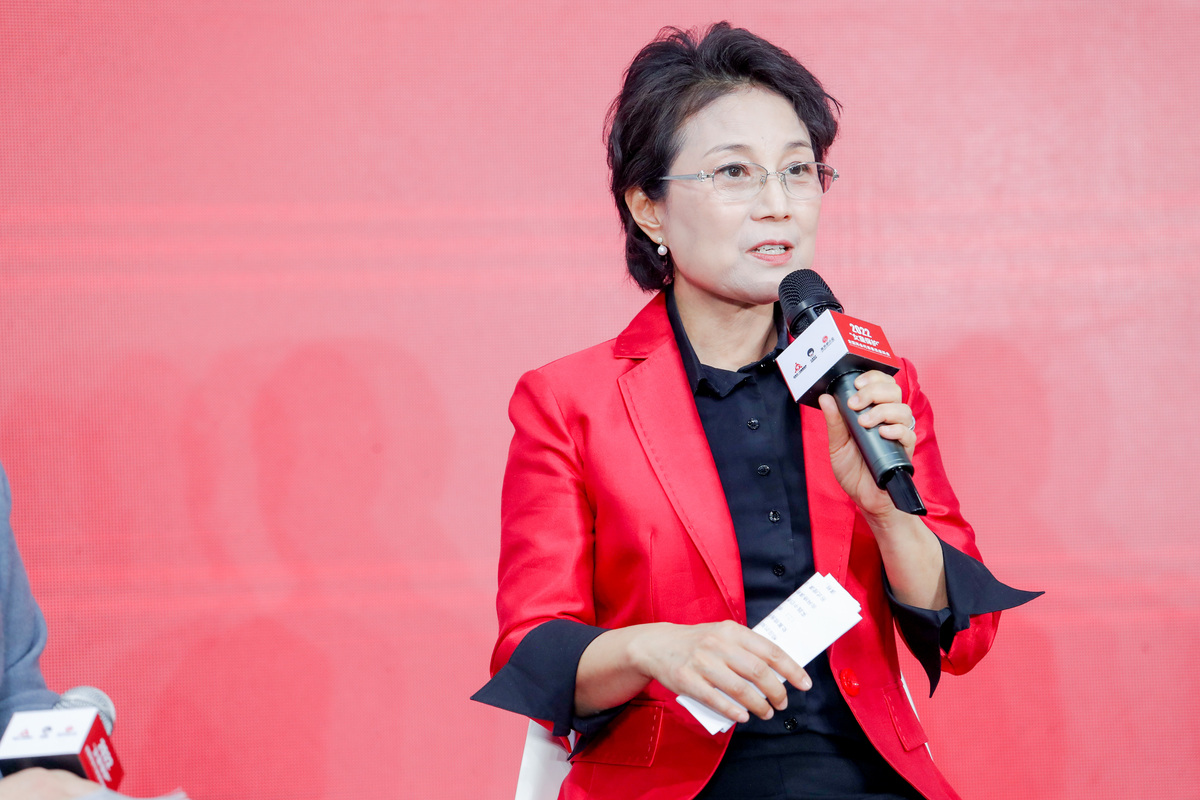CPPCC members call for more efforts to tackle child sexual abuse
- By Cui Can
 0 Comment(s)
0 Comment(s) Print
Print E-mail China.org.cn, March 5, 2022
E-mail China.org.cn, March 5, 2022
In recent years, an increasing number of cases involving child sexual abuse has triggered strong public concern. China has stepped up legislation efforts to address child sexual abuse, but still faces challenges.
At a symposium on Wednesday organized by the non-governmental organization Girls' Protection in Beijing, several members of the 13th National Committee of the Chinese People's Political Consultative Conference (CPPCC), along with representatives from departments and organizations, reviewed the latest data on cases involving child sexual abuse in China and discussed proposals for further actions in the prevention of child sexual abuse.
Statistics released by the Girls' Protection show that 569 victims in 223 cases of sexual abuse against children were reported in the media last year, with the youngest victim being only two years old.
In 160 cases, the perpetrator was a family member or someone known to the child. Among these cases, 27.5% were perpetrated by teachers and school faculty, while 17.5% involved relatives.

Liu Hongyu, a member of the 13th National Committee of the CPPCC and a renowned lawyer with more than 30 years' experience, said that sexual health education, especially sexual harassment prevention classes, should be included in primary and middle school curricula.
In China, where many parents tend to be conservative and rarely talk with their children about sex, it is even more important for schools to offer appropriate sex education based on their ages as part of safety and health education, Liu added.
"Sexual assault cases against children make this kind of education necessary and urgent," Liu noted.
She also said that more efforts are needed to tackle online child sexual exploitation and abuse as youth become increasingly exposed to sexual content and information online from a young age.
In addition to education at school and within the family, the government should also apply technological solutions to crack down on online platforms that infringe on minors' rights and interests, Liu suggested.
The attendees also discussed the need to establish an effective protection mechanism to prevent children from sexual abuse to the greatest extent possible.
In May of 2020, the Supreme People's Procuratorate (SPP) and departments, including the Ministry of Public Security, jointly rolled out a set of interim guidelines on establishing a mandatory reporting mechanism for cases involving underage victims.
The mandatory reporting mechanism requires designated institutions, such as schools and kindergartens, or other state organs, residential committees, and companies that involve or supervise close contact with minors, to report infringements of minors' rights and interests in accordance with the law.

Hu Wei, another member of the 13th National Committee of the CPPCC and deputy director of the Shanghai branch of the China Vocational Education Association, said that if there are no clear-cut penalties or sound protection mechanisms, such sexual abuse cases involving children will continue to increase.
"Many victims are too afraid to talk about what they have been through, and won't report their cases right after they get abused," Hu said, adding that it is therefore necessary to make it mandatory for designated institutions to report children who experience mental or physical health problems, or who end up in dangerous situations.
He also mentioned a pilot program in Shanghai which bans child-sex offenders from taking jobs close to children. Hu said such a "job blacklist" system could serve as a precaution to reduce possible offenses as sexual offenders tend to be repeat offenders.
"The building of a nationwide blacklist will more effectively prevent tragedies from happening," Hu said.






Go to Forum >>0 Comment(s)